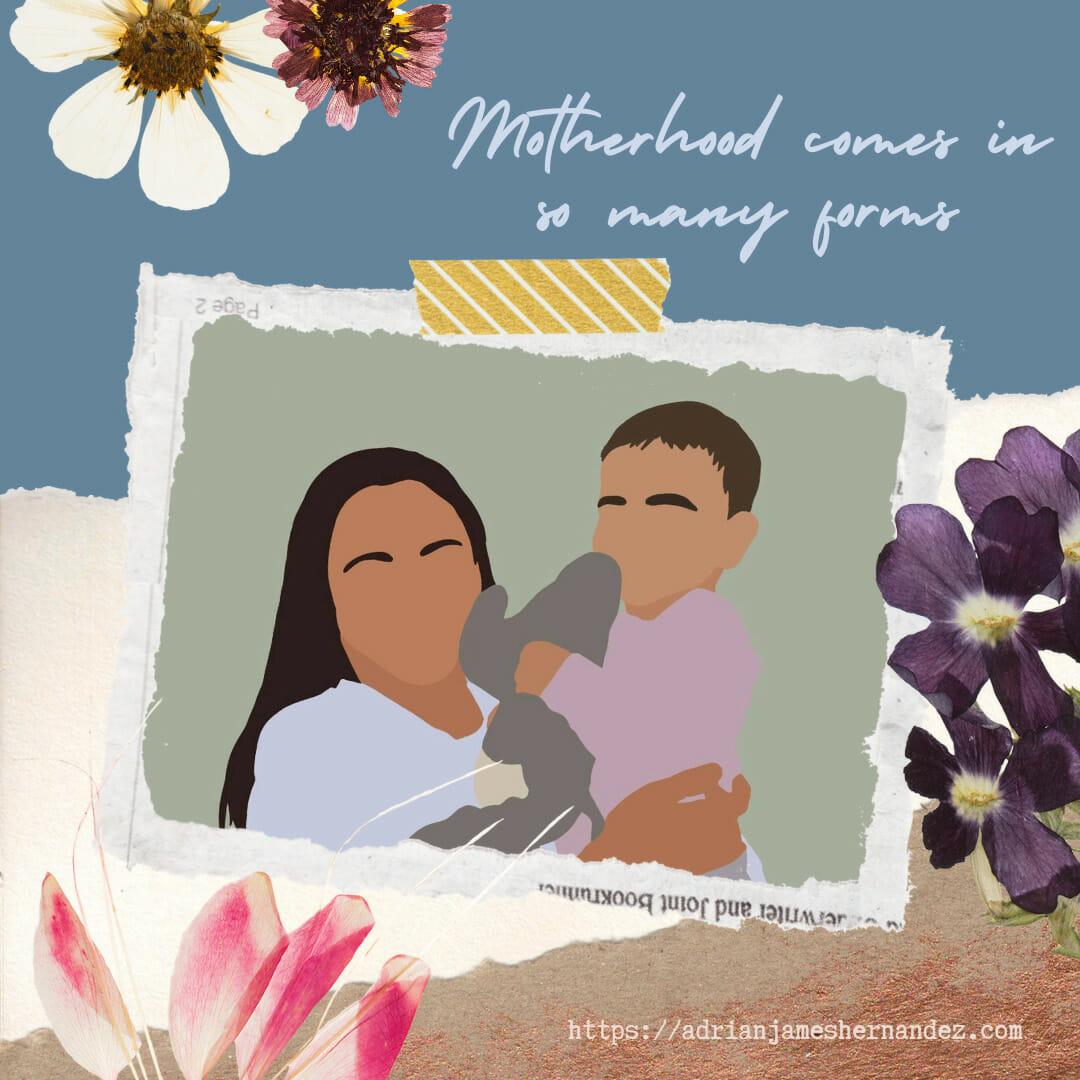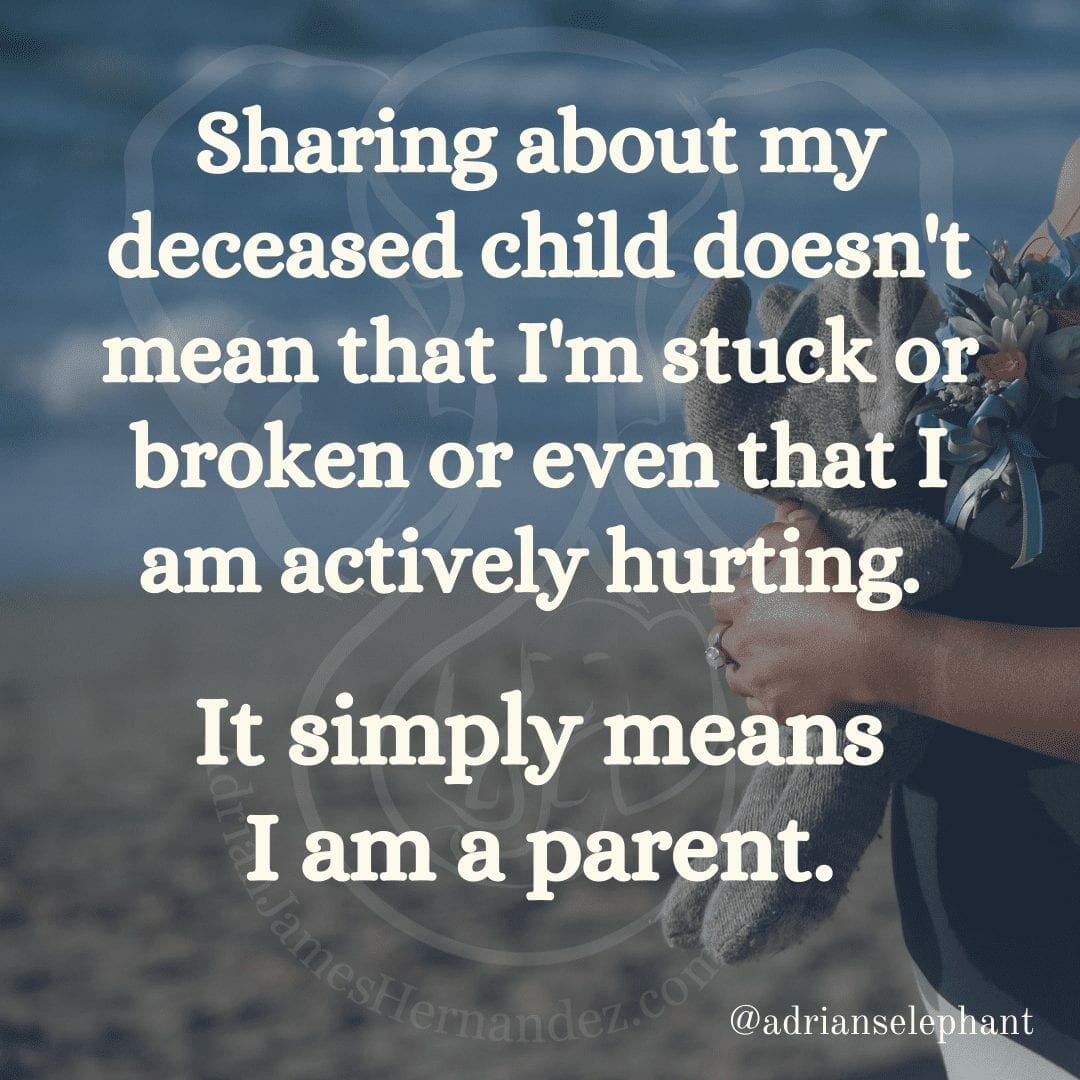When I was pregnant for the first time, I was a pretty crunchy mom. I was a tree-hugging vegan, and I bought into the hype that my body “knew best”, and if I trusted in nature, everything would be fine.
Because my insurance would only cover “traditional” care, I was seen by a physician’s practice, but I also paid out of pocket for concurrent care with certified nurse midwives (CNM). My plan was to deliver with the midwives, but to maintain care with the physician’s practice in case anything went wrong. I genuinely believed this was the best of both worlds. Who wouldn’t feel better having twice the providers?
Unfortunately, as I continued into my pregnancy, I realized how very much at odds both sets of providers were with each other. At one extreme, there were the physician’s assistants, supervised by OBs. These PAs checked all the official boxes but didn’t build up much rapport. And with the way my insurance was set up, my regular PAs wouldn’t even be present at the birth; if I delivered with that hospital, I would see someone entirely new for delivery. (So weird!) And while the PAs did provide patient education, I feel like they left the important parts out. Why did no one ever mention that stillbirth happens in 1 out of 160 pregnancies?
At the other extreme were the midwives. They were sweet and personable, but even as CNMs, they were committed to the idea of nature first. I asked their opinion on being categorized as advanced maternal age at 35, and they told me it wasn’t a real cause for concern. They definitely never mentioned my baby could die.
One week before my son’s death, I saw both my midwives and my traditional providers. I reported to both of them that my blood pressure was high, my hands and face were swollen, and my son was not moving as much as usual. Neither set of providers saw any cause for concern, and for that, I will always hold anger. Both ends of the spectrum failed me.
As committed as I was to nature first, it took my son dying to show me nature isn’t perfect, and I think that’s really wrong. My traditional providers had the biggest opening to educate me about risks and informed decision making, and they blew it. They offered me induction at 39 weeks, but they never explained why. They treated me like a recalcitrant problem, and when I declined induction, they washed their hands of me and said nothing more. And the more I travel in the world of safe pregnancy now, the more I see this attitude being repeated.
There is a subconscious, and in some places, even overt “war” going on between midwives and physicians, and it really needs to stop. I truly believe if either set of my providers had swallowed their pride and explained that sometimes, neither nature nor medicine are completely perfect, then my son would be alive today. And while I don’t hold the nature side at all blameless, the blame doesn’t rest entirely with them. The traditional side missed just as many opportunities, and their misses were often due to misplaced pride. It costs nothing to be kind and explain things in a manner that will get people to listen. It would have cost them nothing at all. It cost my son his life.
The reason I post this today is to request–not to lecture, but to ask–please be cognizant of the words you use when you talk to moms and patients from the “other side”. Many of them are engaging in new places because they genuinely want to be informed. They may have been given bad information by their midwives or their woo-y friends, and this is your opportunity to help them safeguard theirs and their children’s lives. I know it’s hard. Believe me, I post and am shut down in crunchy groups all the time, but I keep going. Because it’s not about my pride. It’s about what’s effective, and what’s right.
I look at these “new” evidence-based groups from a different perspective than most. I joined them for information, and I am thankful to have it now. But I can tell you, if I had joined some of these groups pre-pregnancy, when I was still pretty woo-y and had no idea children could die, a lot of the phrasing in the discussions would have turned me off. And I guess the real question is–would you rather be effective, or “right”?








































































































































































